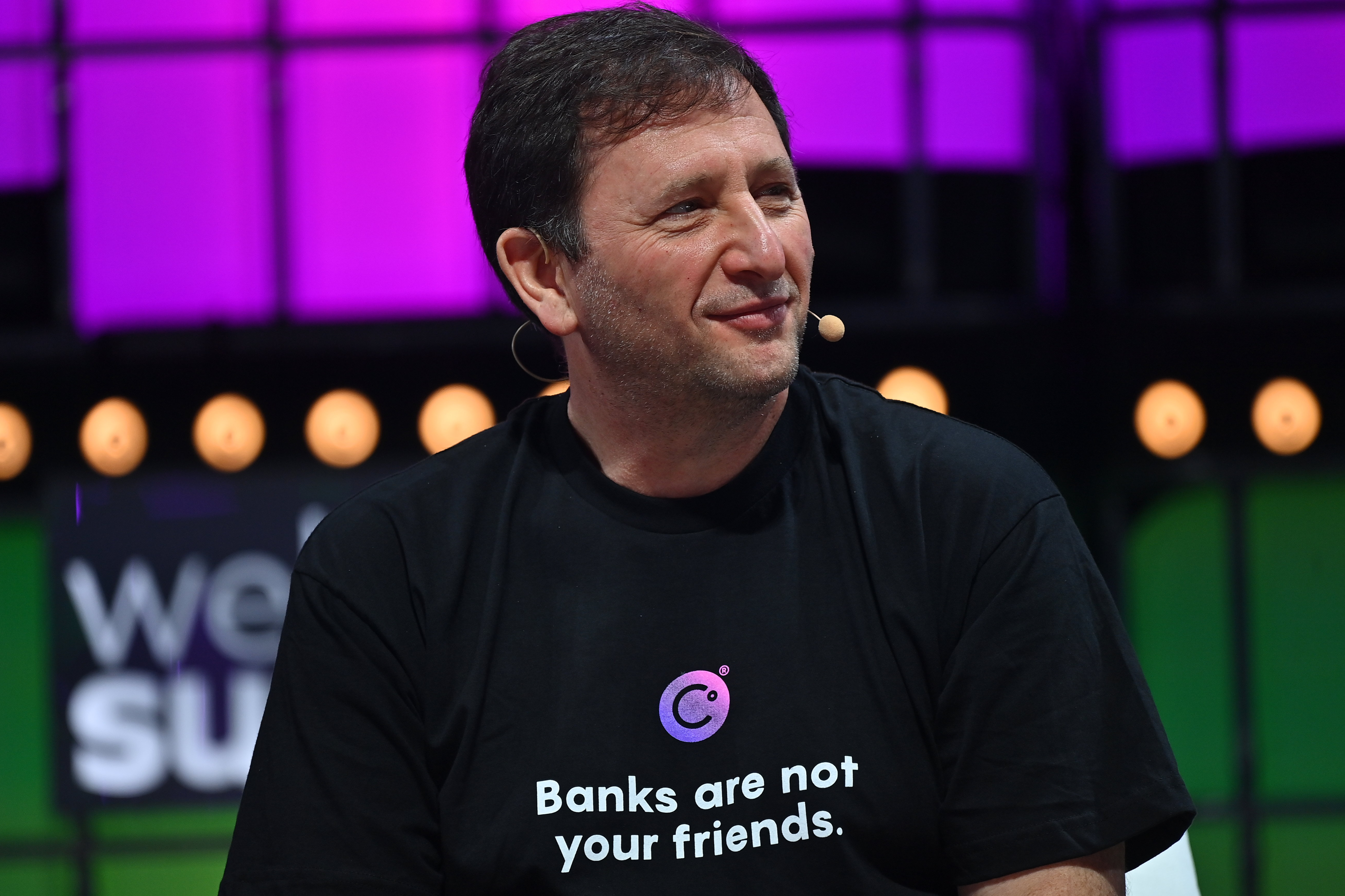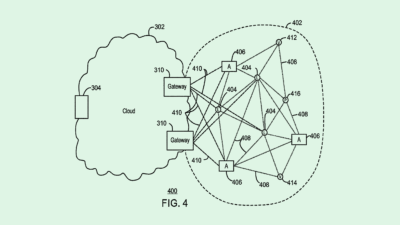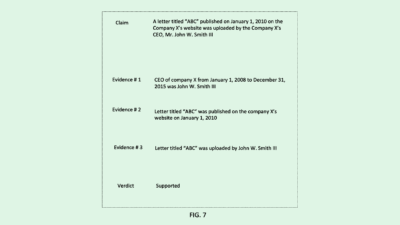
Sign up for smart news, insights, and analysis on the biggest financial stories of the day.
Hey, it’s another crypto-mogul going up in flames!
Authorities on Thursday arrested Alex Mashinksy, former CEO of the now-bankrupt lender Celsius, while three federal agencies charged him and the company with defrauding investors.
Major Coin to Chump Change
The crypto market was beyond volatile in 2022, with the downfall of big names such as Three Arrows, BlockFi, and, of course, FTX. Many investors lost confidence in the market and started pulling their crypto from platforms like Celsius, which marketed itself as a modern-day bank for digital assets and had explicitly touted a higher rate of return. After freezing accounts and firing roughly a quarter of its staff last summer, Celsius was hit hard with a lawsuit from crypto asset manager KeyFi, which alleged that Celsius was a Ponzi scheme.
A few days later, Celsius filed for Chapter 11. And now the SEC, the FTC, and the CFTC have all started cases against the lender, which once managed tens of billions of dollars in digital assets:
- The SEC alleges Celsius told its investors that all was well in the crypto market and the company despite one executive calling the business a “sinking ship.” That same executive said “there is no hope…there is no plan,” and that Celsius’s business model is “fundamentally broken.” In the CFTC lawsuit, it alleges Celsius promised investors high-interest yields in a safe environment but tried to meet those returns on increasingly risky bets.
- Celsius has agreed to a $4.7 billion settlement with the FTC, making it one of the largest in the agency’s history after a $5 billion fine against Meta in 2019. That’s the same amount it owes to investors and creditors as part of its bankruptcy.
In addition to allegedly lying about the safety of the business, Mashinsky reportedly inflated the stock of Celsius’ own CEL token, saying he had raised $50 million by selling all 325 million available tokens. But actually, Celsius allegedly sold less than a third of the coins and raised only $32 million. Mashinksy and his alleged partner-in-crime, Roni Cohen-Pavon, could face decades in jail.











